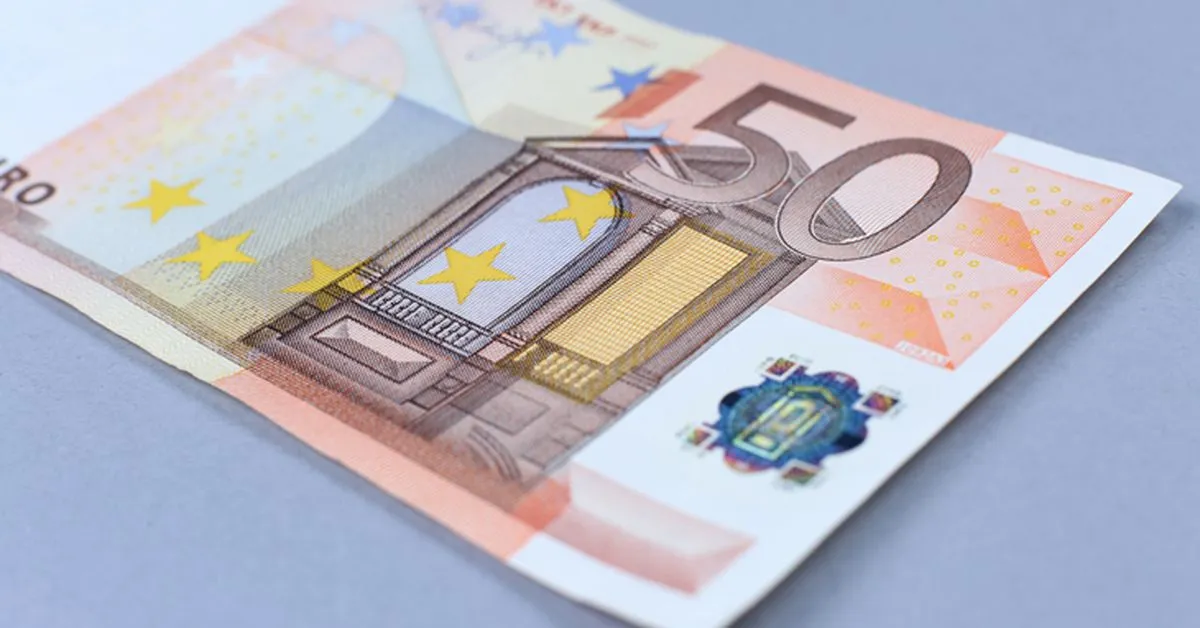The European Commission is set to propose a draft law on June 28 that would ban interest payments and surcharges for using a digital euro. According to the text viewed by journalists, the proposed central bank digital currency (CBDC) would have to be available for cash-style offline payments from day one, and users wouldn’t be able to program it to limit onward use. The digital euro shall be available for both online and offline digital euro payment transactions as of the first issuance of the digital euro, said the text. The level of privacy for offline, face-to-face use should be comparable to withdrawing banknotes at an ATM, it said.
The draft law also states that shops would have to accept digital euro and not impose any surcharge for using it, unless they are very small businesses or have some other good-faith reason for declining, such as a power outage. Additionally, the CBDC shall not be programmable, following concerns that giving the ability to control how given funds are used could limit the freely usable nature of fiat currency. The text also sets out measures to stop people using digital euro accounts as alternatives to commercial bank savings, such as prohibiting holdings from bearing interest.
The ECB is set to take a decision on whether to press ahead with the CBDC later this year, though executive board member Fabio Panetta has said a decision on proceeding should be a political one rather than for central bankers alone. Any legislation needed to underpin the CBDC would have to be agreed by the European Parliament and governments who meet in a body called the Council.
